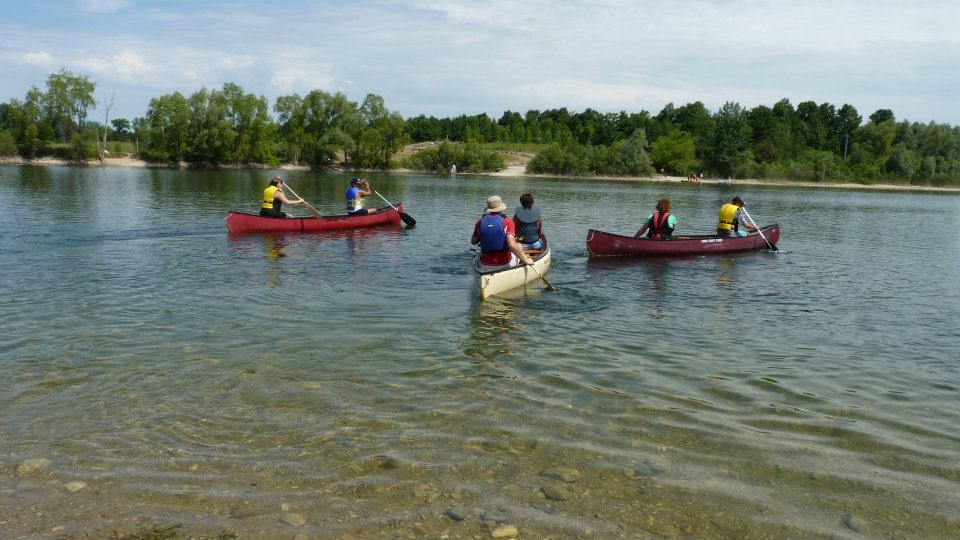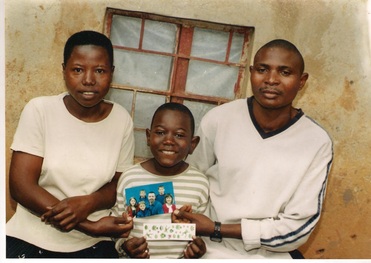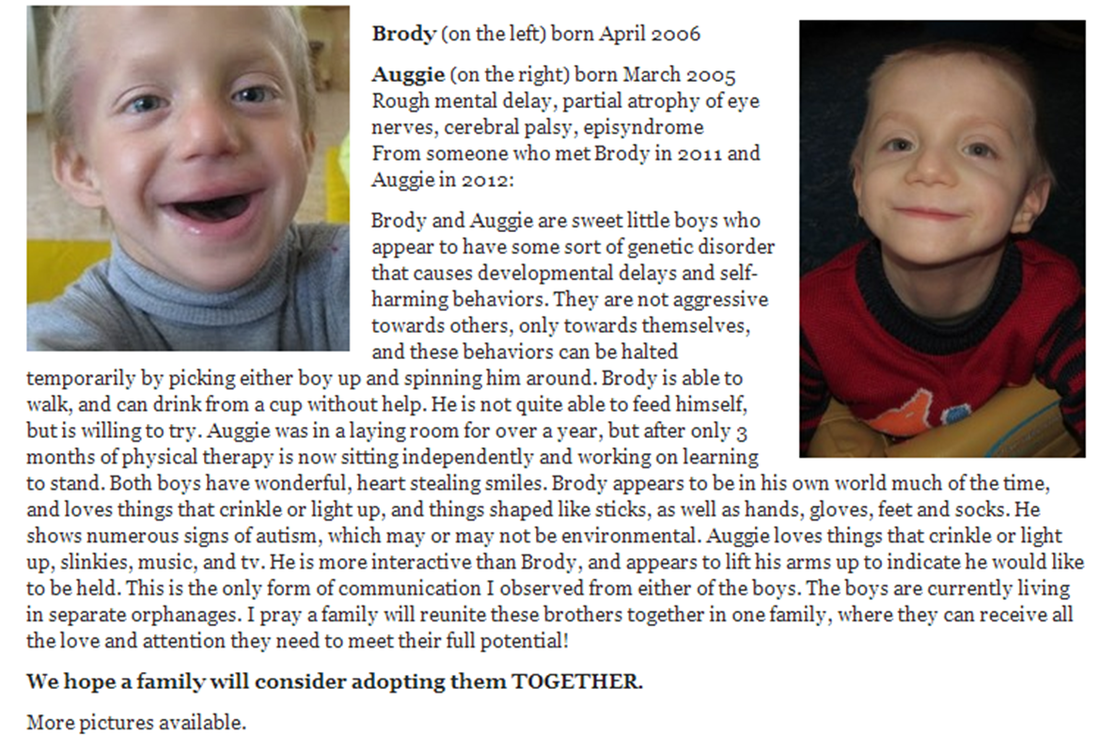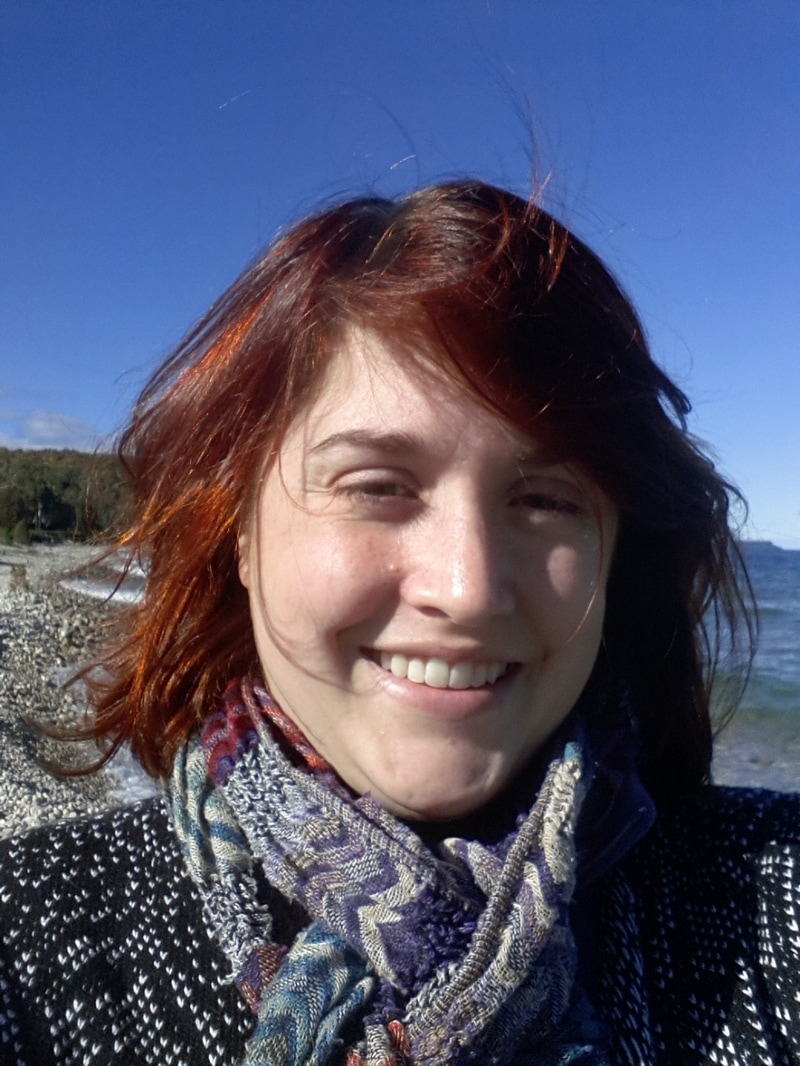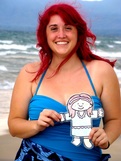 Welcome Home is a refugee housing community based in Kitchener, Ontario. They provide housing for newly arrived refugees, for their first year in Canada. They help them enrol in ESL classes, interact and engage with the community, and advocate for them. Cross-cultural experiences are always a learning experience, I find. The simple act of interacting with people from other cultures causes you to become inventive in communication strategies and influences the possible activities in that situation. I had the opportunity to volunteer with Welcome Home Refugee Housing Community this past summer, and the experience was particularly eye-opening and challenging. During my initial interview and trainings, the Welcome Home supervisor, Sharon Schmidt, recommended that I spend my volunteer hours organizing and running a camping trip for their houseful of 15 refugees. I agreed, as my family and I go camping often, and it seemed relatively simple. However, organizing a trip for a group of refugees was more challenging than expected, as the number of attendees was not finalized until we left and then changed throughout the weekend, fluctuating between 12 and 20! I spent the weekend learning about Colombian, Eritrean, Ethiopian, and Kurdish cultures. For example, one of the Kurdish men told me that a meal is incomplete without flatbread, and he also made tea for us in his samovar. The Ethiopian ladies were lost if we forgot to bring the salt for any of the meals, and the Colombians were the only ones who liked to eat sweet foods. I had a lot of fun canoeing with one of the Kurdish men, and spent some time trying to teach an Ethiopian lady to become comfortable in the water. Interestingly, I found that the most difficult interactions I had were with a fellow Canadian. Of course, the weekend was a long English lesson for the majority of the campers, and also helped to build friendships between housemates. Overall, the weekend, though challenging, was a valuable experience that improved my understanding of and competency in cross-cultural interactions. Welcome Home often has needs that include anything from volunteers to interact with residents, help clean apartments and move residents, assist in excursions, and build their collection of items that help get refugees on their feet. You can contact them here if you’d like to get involved!
4 Comments
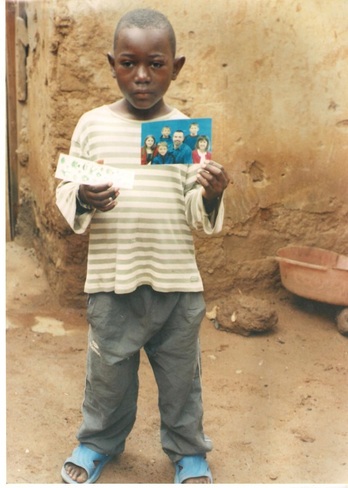 This post was lined up to go, and then this week I received the sad news that Gédeon had passed away from an illness this past Wednesday. While sad, I still want to share even young people can make a huge difference in a family’s life. When I was in Rwanda in 2007, I met a little boy who was deaf and mute, and because his family lived in a Kigali slum, they could not afford to send him to the only school for children with disabilities, as it is a boarding school and rather expensive. I arrived back in Canada determined to help him if I could. I figured out how much money I could send for his schooling, and contacted the missionaries, only to find out that he had been sponsored by another visitor! Yay! Jen and Serge did know of another deaf and mute boy whose parents were a part of their Ubuzima (means life, wholeness, health in Kinyarwandan) support group for HIV/AIDS positive people. They asked if I would be willing to sponsor him, and I agreed wholeheartedly – getting a child an education and medical care if I could was exactly what I had hoped to do. This is how I ‘met’ Gédeon. As of now, I have been sponsoring him to go to school and receive medical care for 5 years. His mother even sent me an email and photos of him and their family with a letter that I sent shortly after beginning to sponsor Gédeon. Please know that you can change the life of a whole family for very little money – in this instance, less than 400 USD a year were enough to make sure the family had enough food, enrol Gédeon in a boarding school and ensure he received medication when needed. If you would like to sponsor a child or family, I recommend looking into organizations such as Compassion International or World Vision, or talking to someone you trust who works in international development and may know of a situation that your aid could alleviate.
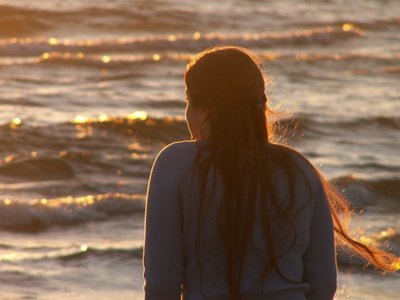 Today is going to be a little more rambling, but in my defence, this topic is rather broad. Also, I would like to, once again, remind you that this blog is made up of my personal opinions, and do not reflect those of my school or any organizations I may be affiliated with. Also, discussions on faith and religion can become extremely ugly very quickly, so please remember to think before you post, and try to respect everyone’s differences. I am all for discussion and opposing views being brought up, just stay friendly! First, faith and religion – personally, I think that these can overlap, but are two different concepts. Faith is the belief and trust in things unseen and unknown, while religion is the trappings that we dress faith up in –this may be shown in the way individuals act, speak, and present themselves. To me, faith is knowing that there is a greater purpose to life than simply pleasing myself, and religion is requiring weekly church attendance or daily prayer times. I’m not saying those aspects of religious culture are bad, simply emphasizing that, humans are wont to categorize and label, and this is one of the ways in which we often ‘decide’ whether people are ‘real’ in their faith. The saying “Going to church doesn’t make you a Christian (insert any religion here) any more than standing in a garage makes you a car” is one that calls attention to this difference. I profess to be a Christian, and in saying that, I mean that I believe that there is one God who is three persons – Father, Son, and Holy Spirit, who created everything and desires to have real and individual relationships with each of us. That’s the short version. The longer version goes like this: God created us to reflect His glory, and gave us free will as part of the reflection. We messed up and because God is perfect and righteous, He has to judge sinners, meaning that we would never be able to be as close to Him as Adam and Eve were in the garden (they got to go on evening walks with Him every day!). To fix this, God sent the Son to earth as a human to carry the punishment of all humankind on himself and die on a cross. This means that we CAN have a close relationship with God – if we acknowledge our sinfulness and His righteousness, ask for forgiveness, and work to build that relationship with Him throughout our life. Now, by work, I don’t mean that we have to be perfect; I mean that, just like any human relationship, we need to take time to talk to, listen to, and learn about each other. That is why, as a Christian, I take time to pray, read the Bible, listen to teachings, worship Him, and, in trying to learn about and do things that God likes, I serve others, enjoy nature, and hang out with other Christians. Now, admittedly, to people who don’t believe in a God, or in my God, this may seem kooky, crazy, and just plain weird. But if I was talking about a person I wanted to get to know, I would do most of the above things in trying to learn more about them (though the listening to teachings and worshipping part would maybe be a little odd, so let’s just call those a part of the reverence that goes along with serving a hero or ruler). So, now that I’ve explained my beliefs a little, how do they relate to development? Well, both well-meant and misguided efforts by Christians over the past few centuries have led to a lot of development and aid workers feeling that religion is best left out of it all. However, there was much good done as well that seems to be overshadowed and forgotten about. In fact, certain exemplary Christian development and aid workers have inspired me to enter this field of study and hopefully, future career. There are many who have become rather famous – such as Jim & Elisabeth Elliot, George Mueller, and Hudson Taylor. However, the one missionary that stands out in my mind as the biggest influence is a lady who grew up on the Ontario Peninsula – and for the life of me, I cannot remember her name. But her name is not the most important part of her story. The important part is this: she felt called to Africa, went to a Christian school and eventually, after struggling through school, family issues, and illnesses, she arrived. She made the community her home and stayed there until she died – influencing the local people by living among them, learning their language and culture, helping them when they got sick, ensuring children got to go to school, and essentially, loving the people around her. As she grew older and became ill, her village friends told her to go back to North America to get better medical attention or die with her family, but she refused, telling them that they were her family and she would remain with them. That kind of love is what inspires me to help others. That kind of love is how I want to spend my life – having been given so many opportunities simply because of the family I was born into; I want to spread my knowledge and skills to others, so that more people can break the cycle of poverty. Anyhow – back to faith and development – faith is an integral part of me, and inspires my desire to work in development. If you have managed to follow along with my rambling through this long post, would you mind sharing your inspiration? What do you think about religion and faith? What has led you to your current goals and aspirations? Do you feel that your faith or religion (if you have one) has contributed to forming these desires? Oh, and by the way – just because I believe in a God doesn’t mean that I have all the answers or fit into those oh-so-cute boxes of Christian stereotypes – try me, you might be surprised at some of my points of view! Tomorrow is 'Family Day' in Ontario, and in honour of that, I am featuring these brothers, listed as Brody and Auggie, who are located in an Eastern European country waiting for their family to come find them. They are separated right now, living in different orphanages. Searching for a family for these two sweet boys, who are available to both Canadians and Americans, but their country requires that potential parents be married. More information can be found at the Reece's Rainbow website.
“reunite” is an organization that began in Uganda in 2011. The Riley family had adopted internationally from Uganda and chose to move there so their children would experience that culture. They began working with orphanages and discovered that many children were not true orphans, but had families. In working to understand why these children were in the orphanages, the Rileys uncovered the corrupt profit-based side of adoption. They discovered that parents were giving children up because they experienced temporary hardship, were coerced into it by orphanage staff, and were blackmailed and stonewalled into leaving their children behind when they tried to come back for them. The Rileys were horrified and chose to try to help the children they were given access to, find their families and return to them. They have since resettled 13 children with family members. They have experienced pushback from orphanage staff, as these people make quite a bit of profit from international adoptions, and also would lose their jobs if the orphanages were not full of children.
The following are stories that were featured on their blog that describe different aspects of the deception that has developed within the international adoption field. - http://rileysinuganda.blogspot.ca/2012/06/out-of-here.html - http://rileysinuganda.blogspot.ca/2012/12/guest-post-part-1-messy-hard-ugly-truth.html - http://rileysinuganda.blogspot.ca/2012/12/guest-post-part-2.html - http://rileysinuganda.blogspot.ca/2012/12/guest-post-part-3-messy-hard-ugly-truth.html - http://rileysinuganda.blogspot.ca/2012/12/guest-blog-post-number-2-snorkling.html These stories give the perspective of various different deceptions and issues in the international adoption realm in Uganda. However, do not write off international adoption altogether… there are other organizations and points of view to take into consideration. I ultimately believe that children should be parented by their biological family – whether that means their mother, father, or a relative – if at all possible. On the other hand, I do feel that international adoption has a place, but should be under strict regulations. What do you think? 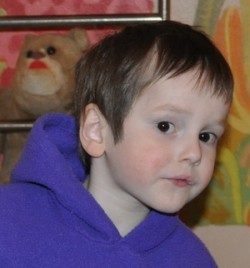 Dalton (pseudonym) is a seven-year-old boy located in Eastern Europe, who has been placed for international adoption. He has autism, and although the listing does not specify how he came to be in an orphanage, I suspect that the diagnosis may have played into that. Isn’t he adorable? For more information about him, the country he is located in (which is open to both Canadians and Americans), or to help build his adoption fund, visit Reece's Rainbow. 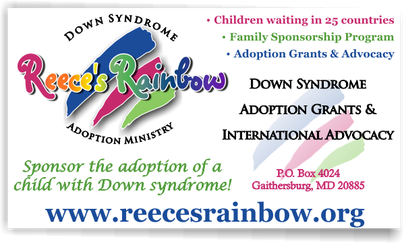 I discovered Reece’s Rainbow in the early fall last year and was immediately hooked. Reece’s Rainbow was founded by Andrea Roberts, a mom to a little boy named Reece who has Down Syndrome. She learned that in many countries around the world, children with Down Syndrome and other disabilities are often abandoned by their parents because the society does not accept them or provide them with the resources they need to give them the best potential in life. This inspired her to begin a not-for-profit orphan advocacy organization. Reece’s Rainbow lists children that need families who qualify as special-needs in their country. They do not put identifying information such as their real name, birth date, or exact location on the child’s profile, but are often allowed to use a photo of the child. Reece’s Rainbow also raises money for these children, to offset adoption costs which can range from $20,000 to over $60,000, depending on location. Families in the adoption process can also fundraise through Reece’s Rainbow. These listings help potential adoptive parents as they can see what the child looks like and a short listing of medical needs, as well as some details about the child such as character traits and personality. Special needs can range in severity and include HIV, Hep C, Down Syndrome, Fetal Alcohol Syndrome, cleft lip, cleft palate, albinism, arthrogryposis, hydrocephalus, epilepsy, deafness, blindness, cerebral palsy, ichthyosis, Apert Syndrome, Treacher-Collins Syndrome, strabismus, spina bifida, attention deficit disorder, autism, and more. Some of these are easily managed and cared for, and others require lifelong medical attention and support. And honestly – some of the diagnoses sound a lot scarier than they are – for example, strabismus is the fancy name for having crossed or ‘lazy’ eyes., and ichthyosis is a skin condition that can be managed relatively easily. These are not just lists of issues – they are children, and they need a family and love and care just as much as anyone else. Over the past six years, Reece’s Rainbow has helped find families for over 900 orphans with special needs and has dispersed over $4.5 million in grants to help fund these adoptions. These little cuties have got me by the heartstrings, and I hope that never changes! Stay tuned for some featurettes of the little ones I can’t get out of my head. Check out the website here: http://reecesrainbow.org |
AuthorWelcome! My name is Katiana and I am a development professional pursuing my dream to live out Isaiah 1:17 to the best of my abilities. I am passionate about teaching and working with vulnerable families and children to improve their lives sustainably.
CaveatThis blog is composed of my personal opinions, which do not necessarily reflect the opinion or views of institutions or organizations that I may be or have been affiliated with.
Categories
All
Archives
July 2017
|
